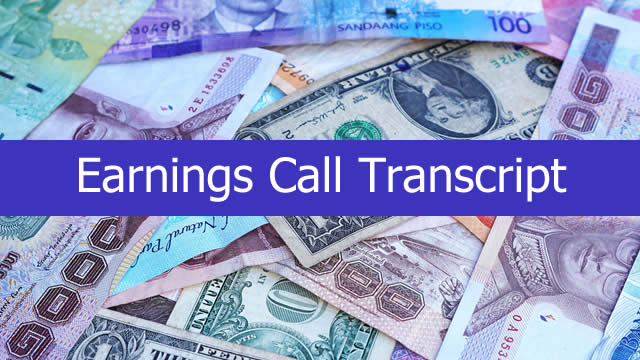JPMorgan Chase CEO Warns of Potential Negative Consequences from U.S. Tariffs and Global Trade War
In a letter to shareholders, JPMorgan Chase CEO Jamie Dimon expressed concern over the economic impact of the ongoing U.S.-China trade war and the potential for wider global trade conflicts. Dimon cautioned investors that the turmoil caused by U.S. tariffs could slow growth in the world’s largest economy, spur inflation, and potentially lead to lasting negative consequences.
Possible Economic Consequences
According to Dimon, the trade war could result in a number of negative economic consequences. One of the most significant of these is a potential slowdown in economic growth. As companies face increased costs due to tariffs, they may be less inclined to invest and expand, which could lead to a decrease in economic activity.
Another potential consequence of the trade war is inflation. Tariffs increase the cost of imported goods, which can lead to higher prices for consumers. This can be particularly problematic for low-income households, who may struggle to afford essential items. Inflation can also make it more difficult for businesses to plan for the future, as they may not be able to accurately forecast their costs.
Impact on Consumers and Businesses
The trade war is likely to have a significant impact on both consumers and businesses. For consumers, higher prices on imported goods could lead to a decrease in purchasing power. This could be particularly problematic for those in low-income households, who may struggle to afford essential items. Additionally, businesses that rely on imported goods may face increased costs, which could lead to higher prices for consumers or job losses.
For businesses, the trade war could lead to a decrease in trade and investment. As companies face increased costs and uncertainty, they may be less inclined to invest in new projects or expand their operations. This could lead to job losses and a decrease in economic activity.
Impact on the World
The trade war is not just impacting the U.S. and China, but also the global economy as a whole. According to the International Monetary Fund (IMF), the trade war could lead to a decrease in global economic growth of up to 0.5 percentage points. This could have significant consequences for developing countries, which may be particularly vulnerable to economic shocks.
Additionally, the trade war could lead to a decrease in global trade. As companies face increased costs and uncertainty, they may be less inclined to engage in international trade. This could lead to a decrease in economic activity and job losses in countries that rely on exports.
Conclusion
In conclusion, JPMorgan Chase CEO Jamie Dimon’s warning about the potential negative consequences of the U.S.-China trade war and wider global trade conflicts is a cause for concern. The trade war could lead to a decrease in economic growth, inflation, and job losses. Additionally, the impact of the trade war is not just limited to the U.S. and China, but also the global economy as a whole. It is important for policymakers to consider the potential consequences of their actions and work towards finding a resolution to the trade war that benefits all parties involved.
- JPMorgan Chase CEO Jamie Dimon expressed concern over the economic impact of the ongoing U.S.-China trade war and the potential for wider global trade conflicts.
- The trade war could result in a number of negative economic consequences, including a potential slowdown in economic growth and inflation.
- The trade war is likely to have a significant impact on both consumers and businesses, with higher prices on imported goods and decreased trade and investment.
- The trade war could lead to a decrease in global economic growth of up to 0.5 percentage points and job losses in developing countries.
- It is important for policymakers to consider the potential consequences of their actions and work towards finding a resolution to the trade war that benefits all parties involved.





